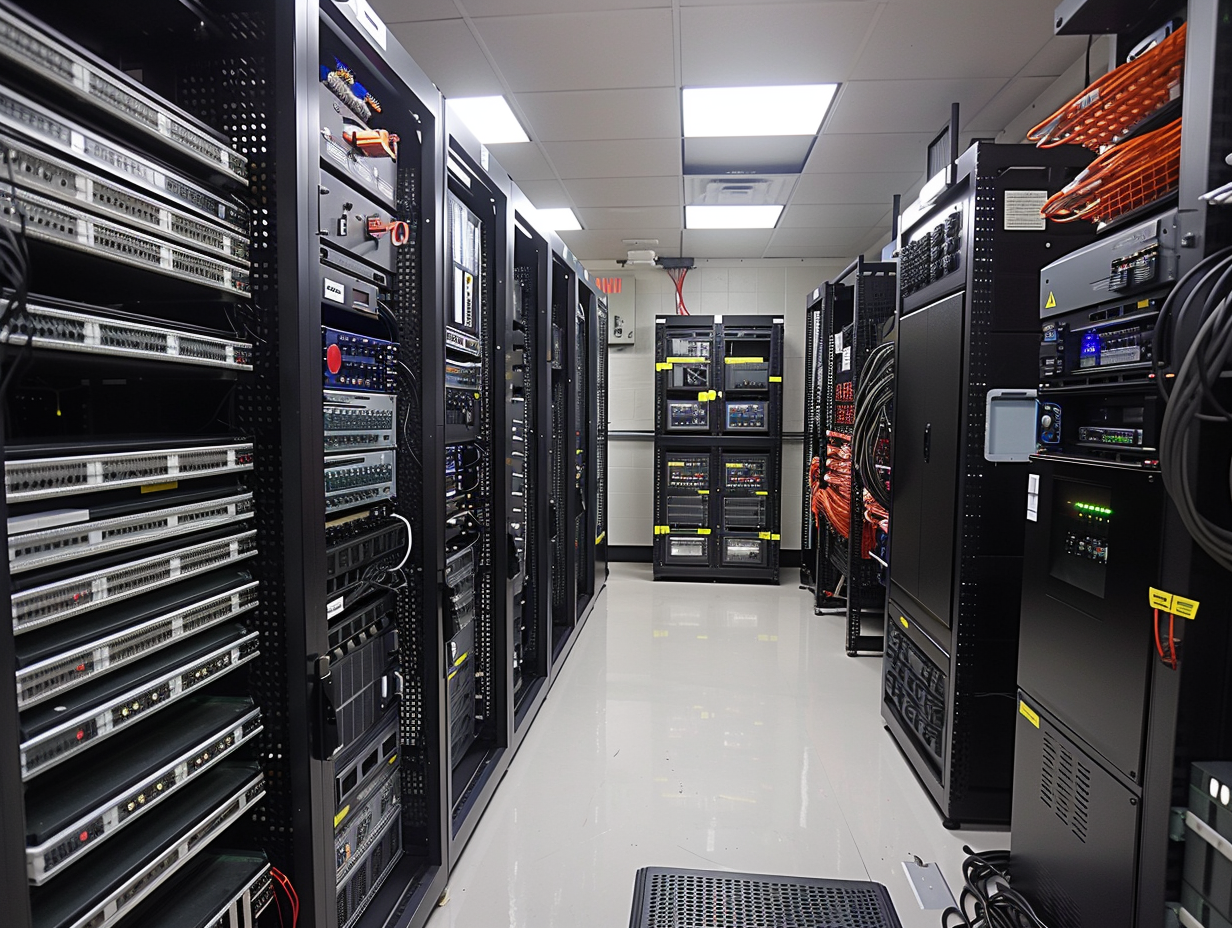What is the Difference Between VoIP and PBX?
In the modern business landscape, effective communication is crucial. As technology has advanced, so have the tools we use to stay connected. Two prominent systems in business communications are VoIP (Voice over Internet Protocol) and PBX (Private Branch Exchange). Understanding the differences between these two can help businesses make informed decisions about their communication infrastructure. In this comprehensive guide, we’ll explore the key differences, benefits, and potential drawbacks of VoIP and PBX systems.
Introduction to VoIP and PBX
To start, let's define what VoIP and PBX are. VoIP is a technology that allows voice communications and multimedia sessions over the internet. Instead of using traditional phone lines, VoIP converts voice signals into digital data packets and transmits them over an IP network. On the other hand, PBX is a traditional phone system used within a business to switch calls between users on local lines while allowing all users to share a certain number of external phone lines.

How VoIP Works
VoIP operates by converting voice into digital signals and sending them over the internet. This process involves several steps:
- Digitization: The analog voice signal is converted into digital data.
- Compression: The data is compressed to reduce bandwidth usage.
- Packetization: The compressed data is divided into packets.
- Transmission: These packets are sent over the internet.
- Reassembly and Decoding: At the receiving end, the packets are reassembled and converted back into an analog signal.
How PBX Works
PBX systems are more traditional and operate differently from VoIP. Here’s a breakdown:
- Switching: PBX switches calls between users on local lines.
- Routing: It connects external calls through a shared number of external lines.
- Features: Traditional PBX systems often come with features like call forwarding, voicemail, and conferencing.

Key Differences Between VoIP and PBX
Cost
One of the most significant differences between VoIP and PBX systems is the cost. VoIP systems generally have lower upfront and maintenance costs compared to traditional PBX systems. This is because VoIP utilizes existing internet connections and doesn’t require extensive hardware installations.
Scalability
VoIP systems are highly scalable. Adding a new user typically involves creating a new account and providing them with a VoIP phone or software. PBX systems, however, require physical hardware installations, which can be costly and time-consuming.
Flexibility
VoIP offers greater flexibility compared to PBX. Users can make and receive calls from anywhere with an internet connection, making it ideal for remote work environments. PBX systems are usually limited to a specific location unless additional infrastructure is implemented.
Features
While both VoIP and PBX systems offer features like call forwarding, voicemail, and conferencing, VoIP often provides more advanced features such as video conferencing, instant messaging, and integration with other business tools like CRM systems.

Advantages of VoIP
- Cost-Effective: Lower installation and maintenance costs.
- Mobility: Make and receive calls from anywhere with an internet connection.
- Advanced Features: Access to video conferencing, instant messaging, and more.
- Scalability: Easily add or remove users.
- Integration: Seamless integration with CRM systems and other business tools.
Advantages of PBX
- Reliability: Often more reliable in areas with poor internet connectivity.
- Security: Physical control over the phone system can provide added security.
- Quality: Consistent call quality without relying on internet bandwidth.
- Customization: Can be tailored to specific business needs with dedicated hardware.
Disadvantages of VoIP
- Dependence on Internet: Requires a stable internet connection.
- Quality Issues: Call quality can be affected by bandwidth and network traffic.
- Security Risks: Vulnerable to cyber threats without proper security measures.
- Power Dependence: In the event of a power outage, VoIP systems may not function.
Disadvantages of PBX
- Cost: Higher upfront and maintenance costs.
- Scalability: Limited by physical hardware constraints.
- Flexibility: Restricted to specific locations.
- Complexity: Requires professional installation and maintenance.

VoIP for Remote Work
With the rise of remote work, VoIP has become increasingly popular. Its flexibility allows employees to stay connected regardless of their location. Features like video conferencing and instant messaging enhance collaboration among remote teams.
PBX for Traditional Office Settings
PBX systems are still relevant for businesses with a traditional office setup. They offer reliable communication channels and are less dependent on internet connectivity. For companies with a stable office environment, PBX can provide a robust and secure communication solution.
Choosing the Right System for Your Business
Deciding between VoIP and PBX depends on several factors:
- Budget: VoIP is generally more cost-effective, but PBX may be worth the investment for its reliability.
- Location: VoIP is ideal for businesses with remote workers, while PBX suits a centralized office.
- Scalability Needs: If you anticipate rapid growth, VoIP’s scalability can be beneficial.
- Internet Reliability: Businesses in areas with unreliable internet may prefer PBX.

Integrating VoIP with Existing Systems
VoIP can integrate seamlessly with existing business tools. For instance, integrating VoIP with CRM systems can enhance customer interactions by providing features like click-to-call and screen pop-ups. This integration can streamline workflows and improve productivity.
Security Considerations for VoIP
Security is a critical concern for VoIP systems. Implementing strong security measures, such as encryption and secure protocols, is essential to protect against cyber threats. Businesses should also consider using VPNs and firewalls to enhance security.
Future Trends in Business Communication
The future of business communication is likely to be dominated by VoIP and similar technologies. With advancements in AI and machine learning, VoIP systems will offer even more sophisticated features. For instance, AI-powered analytics can provide insights into call patterns and customer interactions.

Conclusion
In summary, understanding the difference between VoIP and PBX is crucial for businesses aiming to optimize their communication systems. VoIP offers unparalleled flexibility, scalability, and cost savings, making it perfect for modern, dynamic workplaces. On the other hand, PBX, while more traditional, delivers unmatched reliability and security, ideal for stable office environments. By carefully considering your specific business needs, budget, and infrastructure, you can choose the communication system that best aligns with your goals.
Don't wait to upgrade your communication systems. Enhance your business efficiency and connectivity today by choosing the right solution. For expert guidance and top-notch VoIP services, visit VoIP International now. Start transforming your business communications and stay ahead of the competition!
